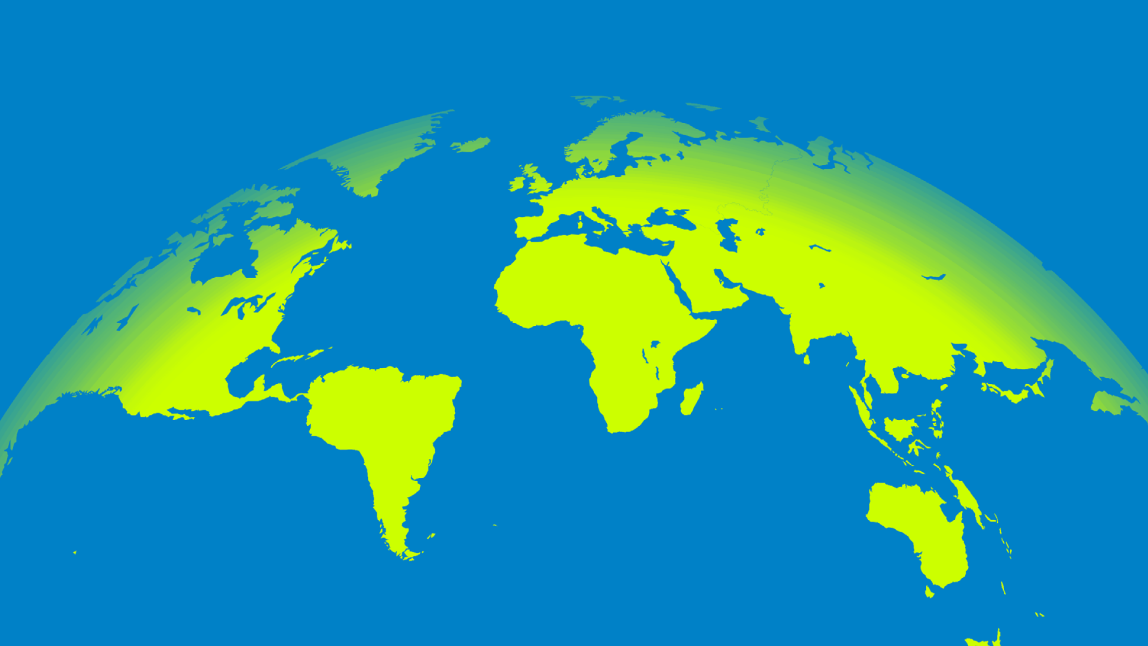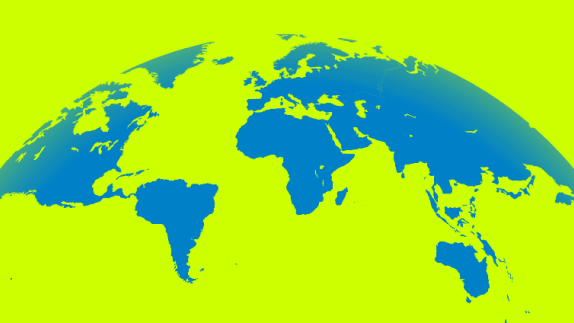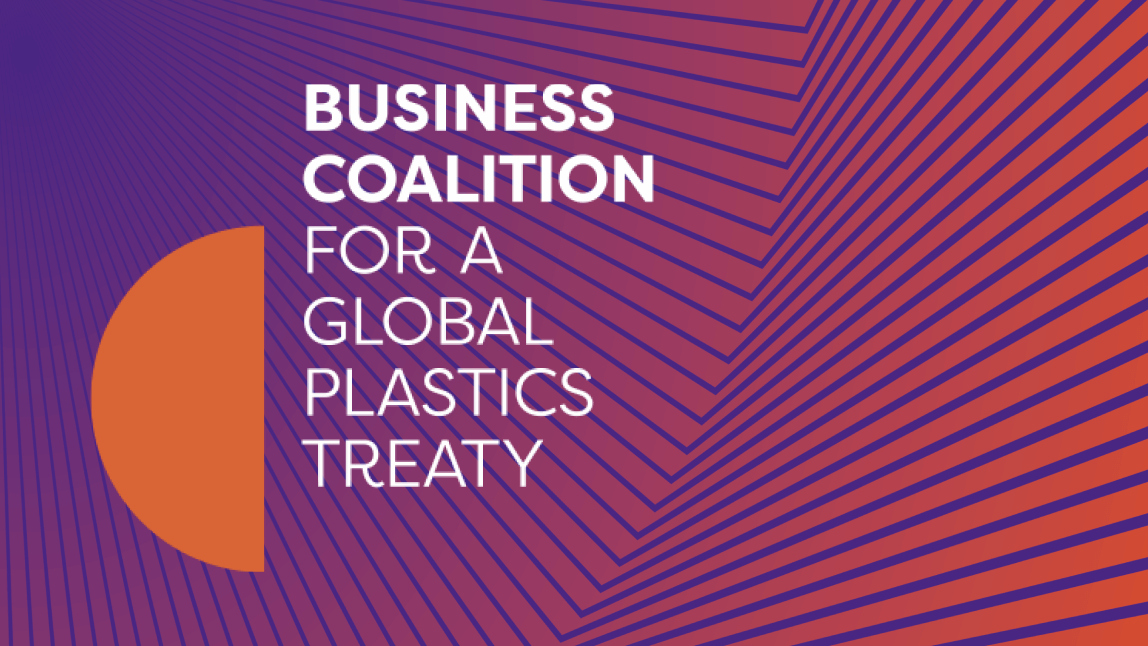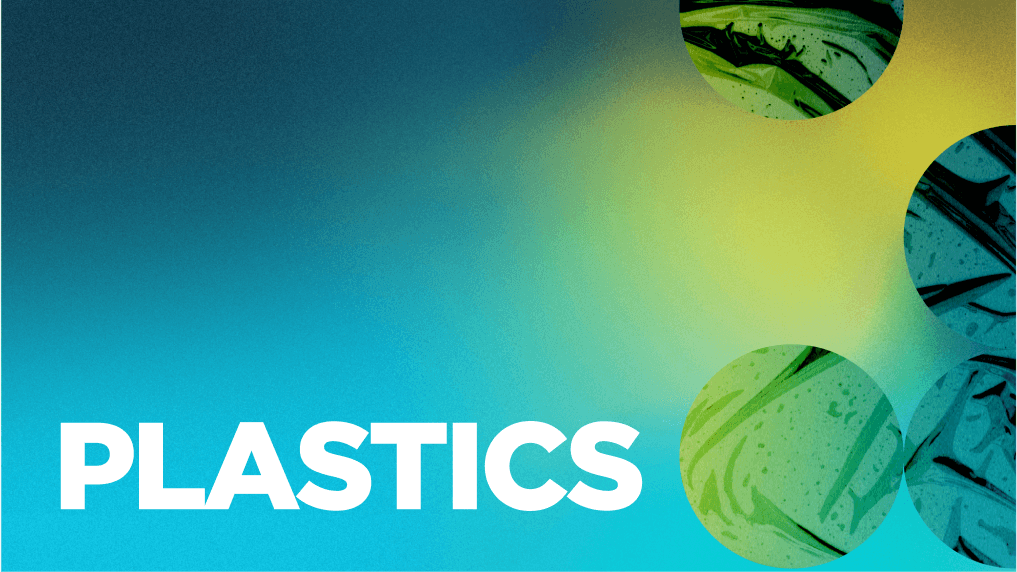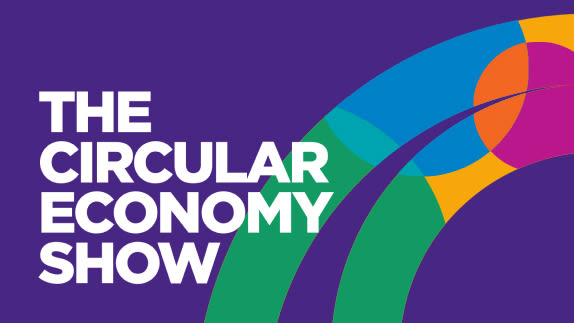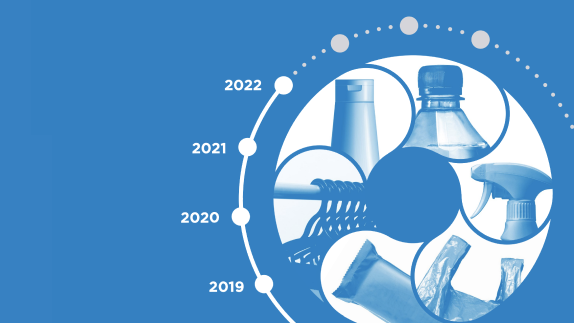17 January 2022 – Today more than 70 leading businesses and financial institutions have called for a legally binding UN treaty on plastic pollution in a pre-UNEA statement.
The statement is an indictment on the severity of our current plastic crisis, which merits immediate and concerted global efforts that tackle the problem at its root and throughout its lifecycle, in line with the Foundation’s vision for a circular economycircular economyA systems solution framework that tackles global challenges like climate change, biodiversity loss, waste, and pollution. It is based on three principles, driven by design: eliminate waste and pollution, circulate products and materials (at their highest value), and regenerate nature. for plastics. In the statement, businesses have called for a treaty that:
Includes both upstream and downstream policies, aiming to: keep plastics in the economy and out of the environment, reduce virgin plastic production and use, and decouple plastic production from the consumption of fossil resources
Sets a clear direction to align governments, businesses and civil society behind a common understanding of the causes of plastic pollution and a shared approach to address them. For companies and investors, this creates a level playing field and prevents a patchwork of disconnected solutions, while setting the right enabling conditions to make a circular economy work in practice and at scale
Provides a robust governance structure to ensure countries’ participation and compliance, with common definitions as well as harmonised standards applicable to all. This facilitates investments to scale innovations, infrastructures, and skills in the countries and industries most in need of international support
Pressure has been mounting on the international community for a legally binding treaty: More than 2 million people around the world have signed a WWF petition, and more than ¾ of UN member states have also backed those calls.
This is the first time industry leaders have advocated for such a robust policy on plastic pollution. The new statement includes explicit recognition of the need to reduce virgin plastic production and use, and comes just months before UNEA 5.2 where member states will have a crucial opportunity to negotiate a treaty. It is strongly aligned with a resolution to establish a negotiation mandate for a new treaty that has been tabled for the upcoming UNEA by a group of 42 countries, led by Rwanda and Peru. However, there are concerns that other states may support a less ambitious mandate. Discussions around the scope and ambition of the proposed treaty are currently ongoing and will be critical to determining whether the treaty will be able to deliver on the goal of eliminating plastic pollution.
The statement follows the publication of a report in 2020 by the Ellen MacArthur Foundation, the World Wildlife Fund (WWF) and the Boston Consulting Group (BCG), setting out the business case for a treaty. That report focused on how a treaty should stop the plastic pollution problem before its starts, set global standards, and support all countries and industries to play their part.
Plastic pollution doesn't stop at borders, it is a global problem that requires businesses and governments to work together on global solutions. Today marks the first time so many leading businesses have come together and called for a legally-binding, robust treaty; one that sets common rules and regulations, establishes a level playing field and creates the conditions needed to deliver coordinated global solutions. This statement sends a powerful signal to policymakers that they now have an unprecedented opportunity to turn the tide on plastic pollution.
- Andrew Morlet, CEO, Ellen MacArthur Foundation
We need a transformation in ambition and action in how we make, use and reusereuseThe repeated use of a product or component for its intended purpose without significant modification. plastic. It is no longer a question of whether we need a treaty on plastic pollution, it’s more about what this treaty must look like in order to tackle today’s still rampant plastic pollution crisis. These companies are asking governments to agree on a legally-binding set of global regulations and standards, including explicit recognition of the need to reduce virgin plastic production and use. Let us now seize the momentum that we are seeing across business, governments and civil society to deliver a strong and ambitious treaty at UNEA.
- Marco Lambertini, International Director General, WWF


